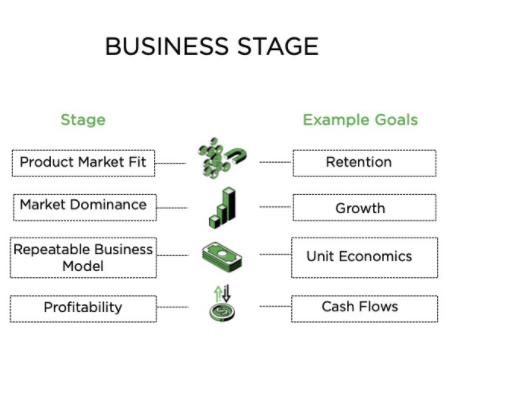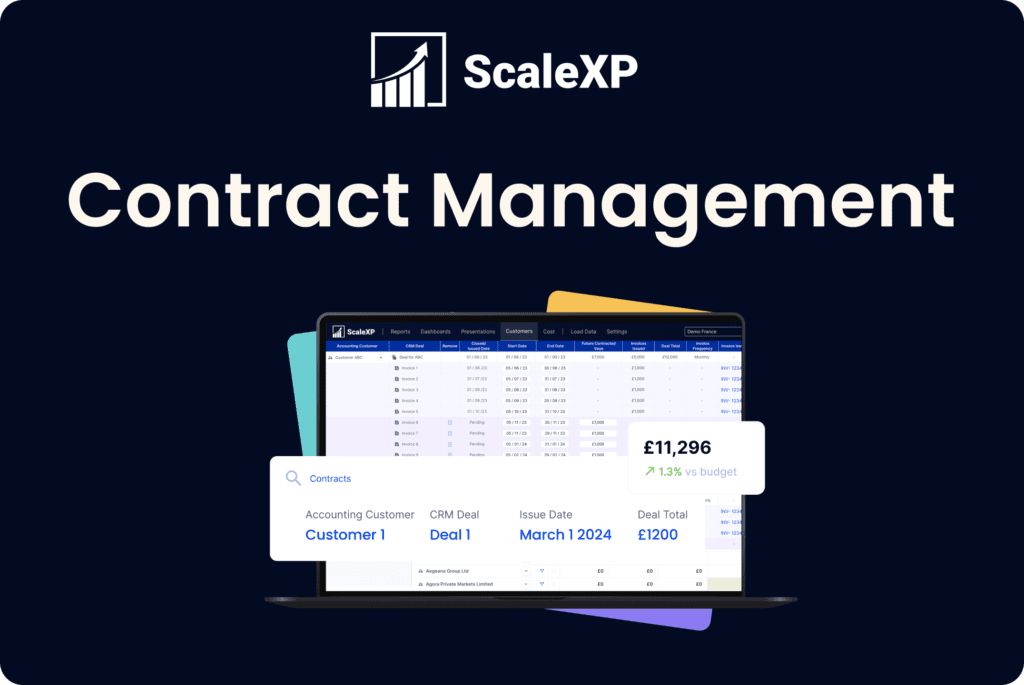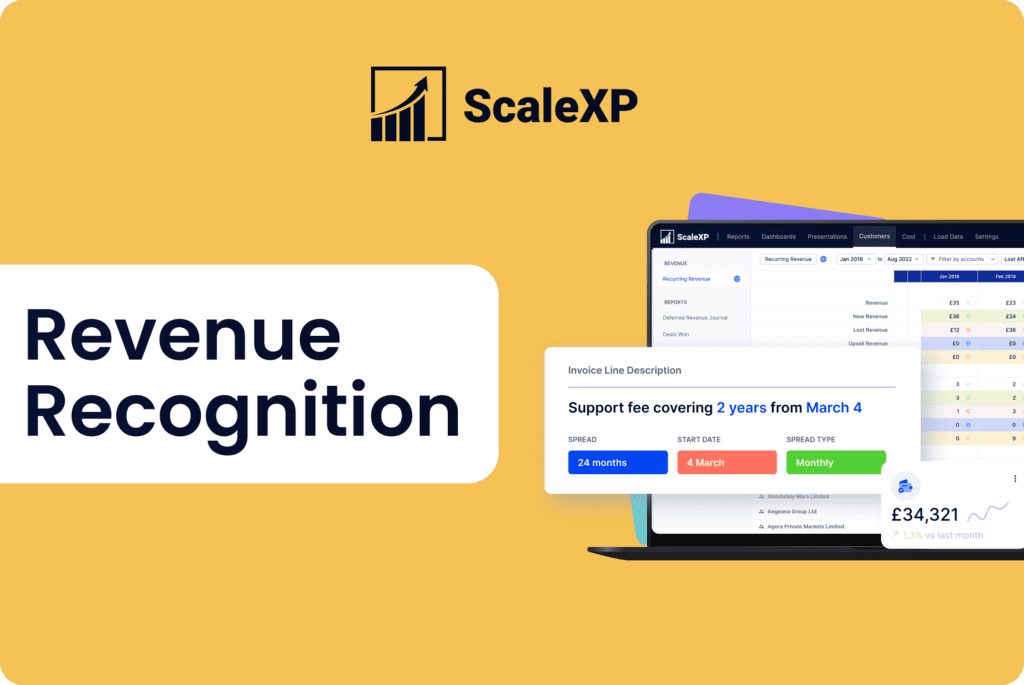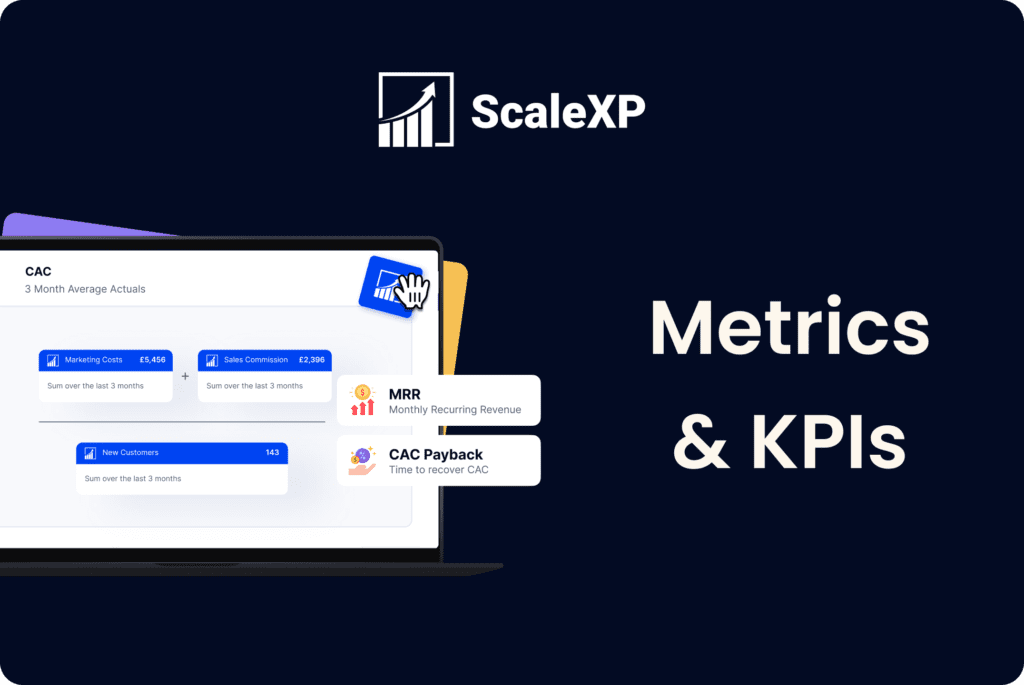2020 and 2021 brought seismic shocks to economies and business ecosystems; the never-ending uncertainty, hanging on with government support packages, frightened consumers, many failing businesses but also success stories.
How do businesses steer a course through increasingly grid-locked marketplaces? The answer is of course data. As the organisational theorist Geoffrey Moore said,
“Without data, you are blind and deaf in the middle of a freeway.”
But data is merely the raw material; its skilful interpretation and conversion into metrics and KPIs is what guides firms through the obstacle strewn route to survival and success.
West Coast venture capital firm Kleiner Perkins have highlighted that metrics and goal setting are the most important factor in start-ups addressing the pandemic and preparing for the future.
Serial entrepreneur Kris Duggan believes this even applies for companies which are pre-revenue; ‘I don’t think a company is ever too young to explore a way of measuring success. It might be as simple as validating your hypothesis. But I would do it in a data-driven way’.
Successful business leaders and teams learn from their internal and external data sources. Their interpretation helps build the narrative for their plans. Establishing metrics and KPIs then allow company-wide objectives that have context and meaning.
Metrics focus people’s attention on what is important. People can be really busy (with emails, conference calls, instant messages, meeting requests…) but make no progress. To determine who and what is really moving the performance needle, companies need objective measures of success.
Metrics clarify performance expectations. KPIs and metrics ensure all employees understand how and if their actions are contributing to business success. This clarity is particularly important as we all continue to work remotely.
Metrics drive business execution. Defining, and systematically reviewing, metrics is the first necessary step towards execution. Larry Bossidy, former CEO of AlliedSignal, and co-author of the book “Execution – The Discipline of Getting Things Done” remarked, “When I see companies that don’t execute, the chances are that they don’t measure.”
Metrics are essential at all stages of growth. It is never too early to start measuring progress to critical goals.

The current economic climate is fraught with uncertainty and volatility due to factors such as the ongoing COVID-19 pandemic, the war in Ukraine, and rising inflation.
The first challenge in realising a data and metrics-led business is bringing all the relevant information (finance, sales & marketing, external benchmarks) into a single point of access from which it can be manipulated, and different scenarios considered.
The ScaleXP system pulls data directly from existing accounting and sales systems into one environment, allowing executives to track those critical KPIs and metrics, in fully automated dashboards. Crucially, maintaining the system takes just 10 minutes per month and replaces hours of tedious spreadsheet compilation from disparate systems. Read more about automating metrics here.
Our customers save time and can quickly focus on the latest business performance data, helping them navigate unexpected roadblocks as they appear. Read more about ScaleXP metrics in our metrics library, featuring key concepts such as cash burn and cash runway.
Check out more from ScaleXP

How to automate prepaid expenses
Automating prepaid expenses, the costs a business pays upfront for future goods or services, not only saves time but also

How to automate Hubspot invoicing in QuickBooks
Easily invoice Hubspot deals in QuickBooks using ScaleXP Looking to streamline your invoicing process between HubSpot and QuickBooks? If your

Revenue recognition automation
Revenue recognition: a guide Revenue recognition is a crucial aspect of financial reporting, ensuring that companies accurately reflect their earned



